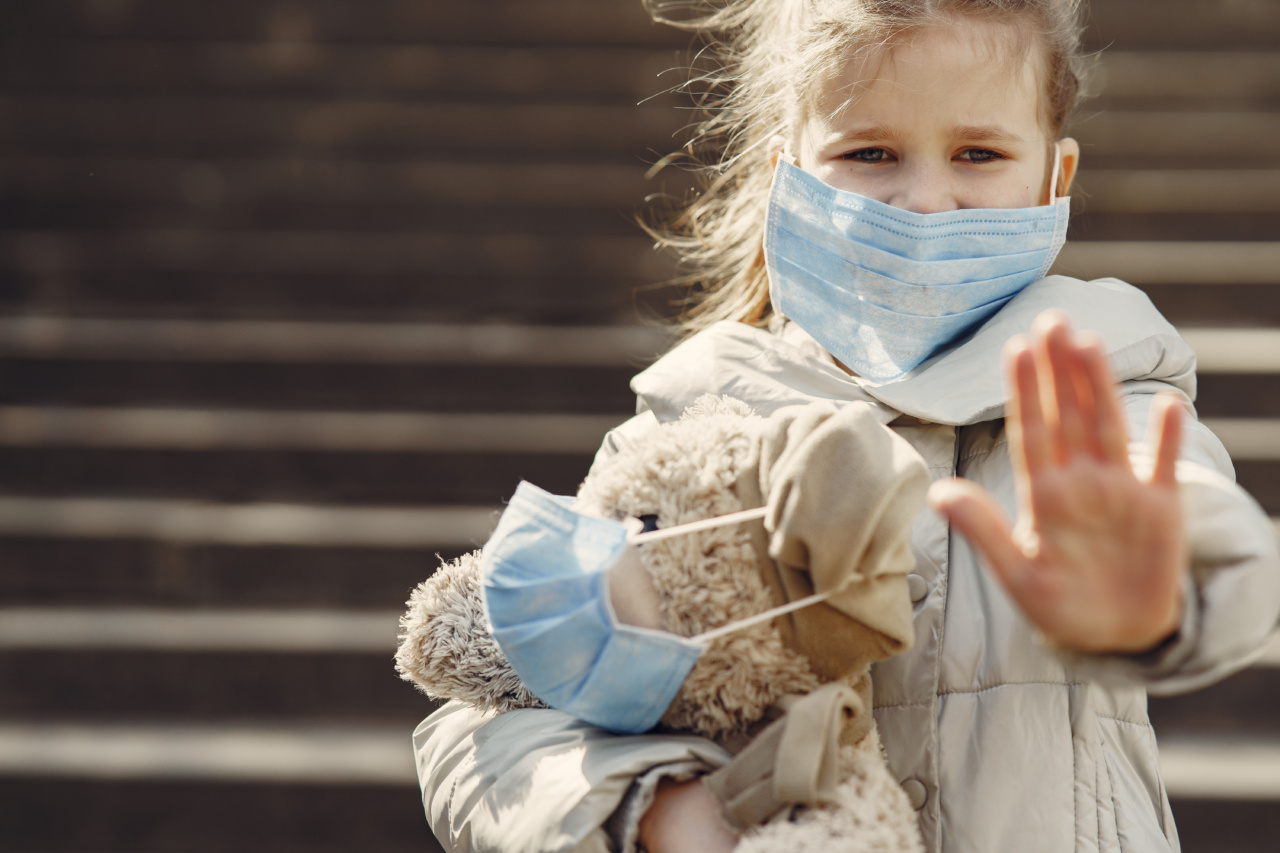Gastroenteritis, commonly known as the stomach flu, is a highly contagious illness that affects the stomach and intestines.
It is typically caused by a viral or bacterial infection, and its symptoms include nausea, vomiting, diarrhea, and abdominal pain. Gastroenteritis can be spread through contaminated food or water, or by coming into contact with an infected person.
While it can be a miserable experience, there are several precautions you can take to stay safe and minimize your risk of contracting this illness. In this article, we will discuss ten essential steps you can follow to prevent gastroenteritis.
1. Practice Good Hand Hygiene
One of the most effective ways to prevent the spread of gastroenteritis is to practice good hand hygiene.
Washing your hands frequently with soap and water, especially before eating or preparing meals, can help remove any potential pathogens that may be on your hands. Be sure to scrub your hands thoroughly for at least 20 seconds, and pay attention to the areas between your fingers and under your nails. If soap and water are not available, use an alcohol-based hand sanitizer that contains at least 60% alcohol.
2. Avoid Touching Your Face
Touching your face, particularly your eyes, nose, and mouth, can provide a route for the entry of viruses and bacteria into your body. These areas have mucous membranes that can easily become infected if you come into contact with contaminated surfaces.
While it may be a challenging habit to break, try to avoid touching your face unnecessarily, and make a conscious effort to keep your hands away from these susceptible areas.
3. Clean and Disinfect Surfaces
Gastroenteritis-causing pathogens can survive on surfaces for extended periods. Regularly cleaning and disinfecting frequently-touched surfaces, such as doorknobs, countertops, and bathroom fixtures, can help reduce the risk of contamination.
Use a household disinfectant or a mixture of bleach and water to clean these surfaces thoroughly. Pay special attention to areas that come into contact with raw meats or other potentially contaminated substances.
4. Cook Food Thoroughly
Cooking food to a safe internal temperature is vital for killing any bacteria or viruses it may contain. Use a food thermometer to ensure that meat, poultry, seafood, and eggs are cooked to the appropriate temperature. The U.S.
Food and Drug Administration (FDA) provides guidelines on safe cooking temperatures for various types of food. Avoid consuming undercooked or raw food, as they may harbor harmful pathogens that can cause gastroenteritis.
5. Practice Safe Food Handling
Proper food handling can significantly reduce the risk of gastroenteritis. Wash your hands thoroughly before and after handling food, especially raw meats and vegetables. Separate raw and cooked food to prevent cross-contamination.
Use separate cutting boards and utensils for raw and cooked foods, and never reuse marinades or sauces that have come into contact with raw meats. Refrigerate perishable food promptly, and discard any food that has been left out at room temperature for more than two hours.
6. Drink Safe Water
Contaminated water is a common source of gastroenteritis. Be cautious while traveling to areas with inadequate sanitation systems, and avoid drinking tap water unless it has been properly treated.
If you are unsure about the safety of the water, opt for bottled water or boil tap water for at least one minute before consuming it. Avoid using ice cubes made from untreated water, and be cautious when swimming in lakes, ponds, or pools that may be contaminated.
7. Stay Vaccinated
Vaccinations offer an effective tool for preventing certain types of gastroenteritis. For instance, rotavirus is one of the leading causes of severe diarrhea in infants and young children.
Vaccinating children against rotavirus can provide significant protection against this virus. Additionally, hepatitis A vaccine can prevent the spread of hepatitis A virus (HAV), which can cause gastroenteritis symptoms. Consult with your healthcare provider to ensure that you and your family are up to date on the recommended vaccinations.
8. Avoid Close Contact with Infected Individuals
Gastroenteritis can spread easily from person to person, especially in close quarters. If someone in your household or community is experiencing symptoms of gastroenteritis, it is best to avoid close contact with them until they have fully recovered.
This includes not sharing food, drinks, or utensils, and thoroughly cleaning any surfaces that the infected person may have come into contact with. If you are the one who is ill, be considerate of others and take necessary precautions to prevent the spread of the illness.
9. Educate Yourself and Others
Understanding the causes and prevention strategies of gastroenteritis can empower you to make informed decisions about your health.
Stay informed about current outbreaks in your area and educate yourself about the symptoms and transmission of this illness. Share this knowledge with your family, friends, and community to raise awareness and promote preventive measures. By working together, we can help curtail the spread of gastroenteritis and protect ourselves and others from its debilitating effects.
10. Practice Personal Hygiene When Traveling
Traveling, particularly to regions with poor sanitation and hygiene practices, can increase your risk of acquiring gastroenteritis.
To minimize this risk, drink only bottled or properly-treated water, avoid eating raw or undercooked food, and peel fruits and vegetables yourself. If soap and water are not readily available, use hand sanitizer or wet wipes to clean your hands before eating. Be cautious about the cleanliness of public restrooms and consider carrying your own toilet paper or sanitizing wipes.





























